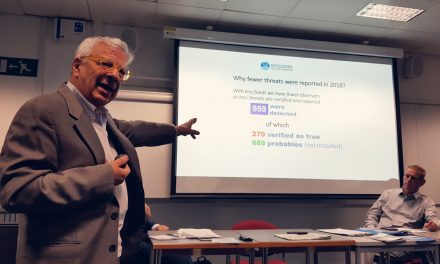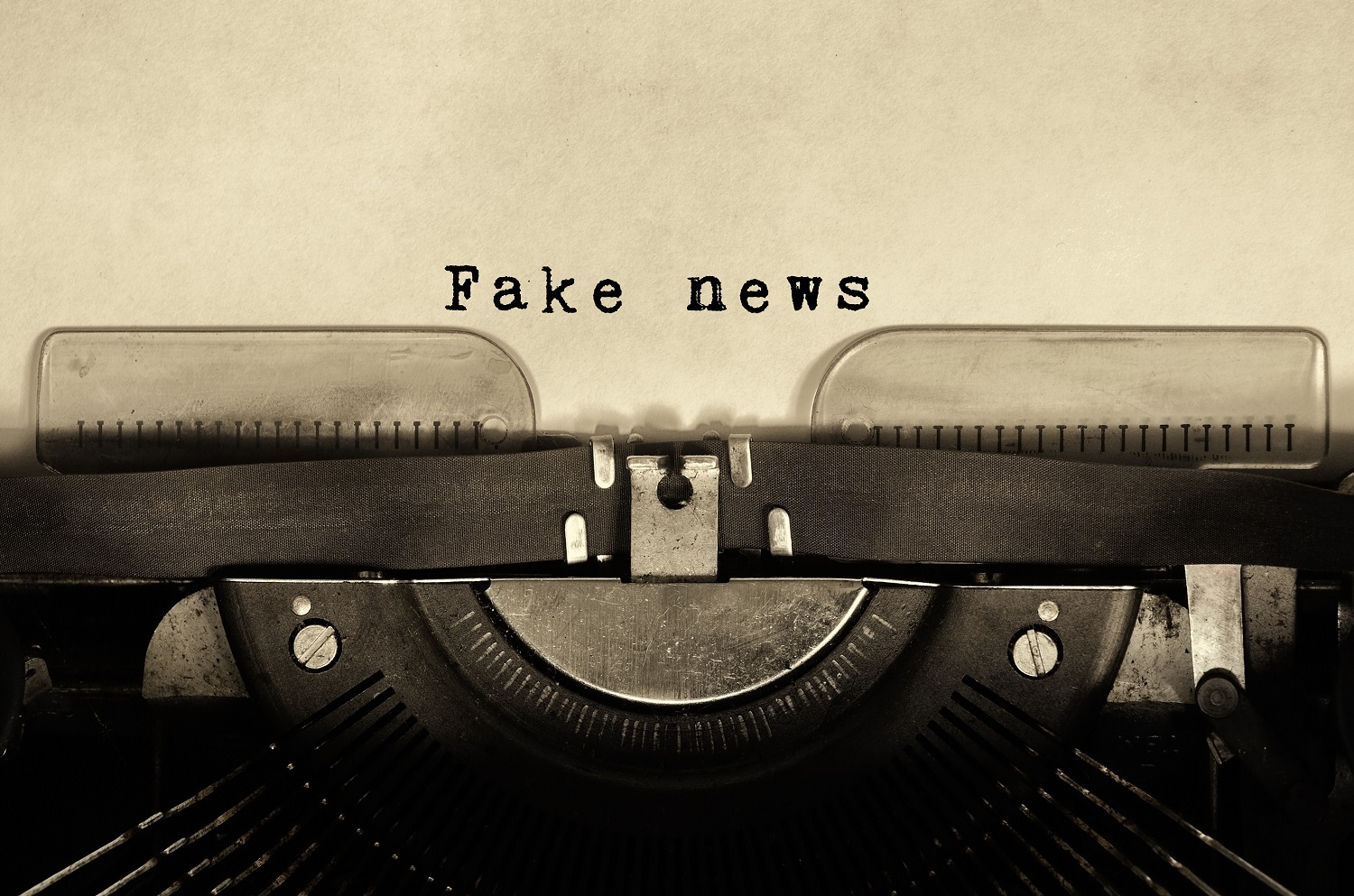By Professor Jackie Harrison and Dr Stef Pukallus.
It is time for the European Commission to make sure that the EU lives up to its Charter of Fundamental Rights and the Treaty on European Union (TEU)
Of course there is nothing new to the idea that a state censors opinions and views that it finds inconvenient. There is also nothing new in praising Europe as the cradle of democracy and of radical enlightenment values such as freedom of speech and publication. Sadly, the clash between the readiness to censor anything that ‘simply gets in the way of those in power’ and the emphasis on the value of freedom of expression – is nowhere more apparent than in the contemporary European Union and the cant of the European Commission in response to these European censors.
Currently some EU governments and other national power holders are quite happily and busily using tactics ranging from prior restraint to post-publication restrictions. Specifically these contemporary European censors try (and unfortunately too often succeed) to silence those who wish to use their right to freedom of expression. At the disposal of these European censors and deployed against free and independent journalism is a combination of naked brutality (intimidation and harassment, violence and killings), the exercise of financial pressure, the use of law and regulations that makes silencing ‘legal’, gerrymandering jobs and appointing cronies into senior managerial positions in public media organisations and the creation of a ‘chilling’ climate in which to be a journalist.
Of course there is nothing new to the idea that a state censors opinions and views that it finds inconvenient.
Astonishingly, the Commission has thus far only watched these events from afar. With Olympian detachment they speak through gnomic pronouncements and blandishments of the kind that contemporary Europe respects freedom of expression and regards it as a fundamental value, that it is a hall mark of civility and so on.
Meanwhile, in Greece 2013: the public service broadcaster ERT gets shut down. In Italy 2015: defamation laws are used by public figures to silence Italian journalists – over 129 cases of unjustified defamation suits have been recorded in 2014 with the net result that physical attacks and attacks on journalists’ property increased and Italy dropped down to place 73 in the World Press Freedom Index 2015.
In Spain 2015: The so-called ‘Gag Law’ came into force. From now on, peaceful civil protests need prior authorisation from the government, filming of protests is forbidden allowing police impunity to spread even further. Basically, Spain is restricting political assembly and the public’s ability to criticise public authorities including the police in a such a repressive way that it would merit the Spanish public’s re-reading of Jeremy Bentham’s 1820 letters to the Spanish People ‘On the Liberty of the Press’ seem timely and helpful. Indeed what’s the difference between Spain of 1820 and 2016 with regard to the ‘sleep of the Cortes?’ Sadly, there are many other examples across the EU: Bulgaria, Croatia and Poland immediately come to mind.
Peaceful civil protests need prior authorisation from the government
And yet all of the above provide sufficient reasons for the Commission to invoke art. 11 EU Charter of Fundamental Rights as well as art. 2 TEU. We are no longer in a situation of hypothetical risk but of actual and continuing breaches of our fundamental rights. To be blunt, the question that needs answering is why does the Commission confine itself to uttering platitudes instead of invoking art. 7 TEU? A measure which, if it did not solve the problem, would at least ameliorate the situation and highlight a serious commitment to those values we persistently refer to as fundamental. In brief, it would show that EU Fundamental Rights matter. It would show that national governments and their agencies of internal repression are being scrutinised. It would show that civil society and civil values matter. The answer to why art. 7 hasn’t been invoked is three-fold.
Why does the Commission confine itself to uttering platitudes instead of invoking art. 7 TEU?
First, perhaps there exists a form of legal nervousness about what it can actually do to effectively and legally fix the issue. Perhaps there is even doubt that legal characteristics are insufficient to determine a breach.
Second, perhaps the Commission recognises a certain form of intractability to the problem. Competencies aside, how do you fix issues related to freedom of expression and publication as well as media freedom and pluralism? How much regulation and intervention are needed? How much pluralism is sufficient to ensure that you have properly restored fundamental rights?
Third, perhaps the Commission lacks the political will and courage to ‘meddle’ with what they regard (or could be conveniently described as) ‘domestic’ issues, why risk meddling with national sovereignty and risk escalating matters into wider arguments concerning national sovereignty, subsidiarity, the purpose of Europe and so on.
Once upon a time and yet not long ago, the civil dimension of European integration was as important as the political and economic ones? And yet the Commission (if it knows this) regards it as an inconvenient historical fact, back in the days of a simpler smaller Europe. Now things are much more complex.
Is there any reason to hope? Perhaps.
This article was originally posted here and has been reposted with the permission of the authors.




